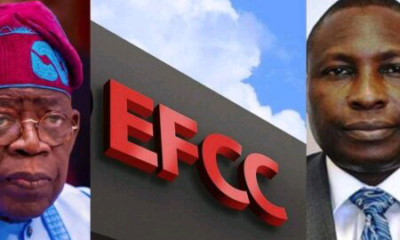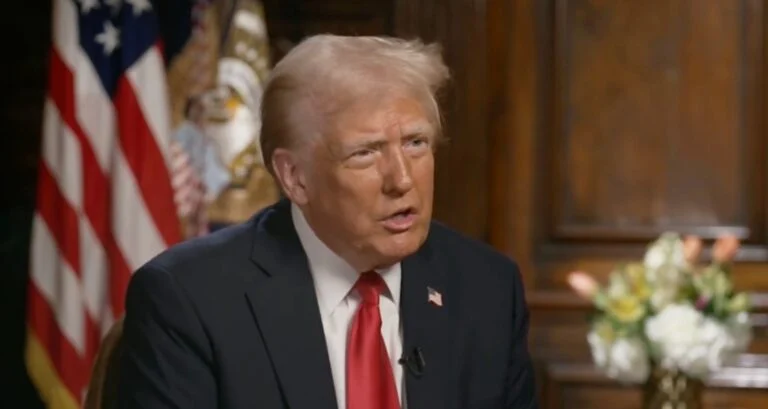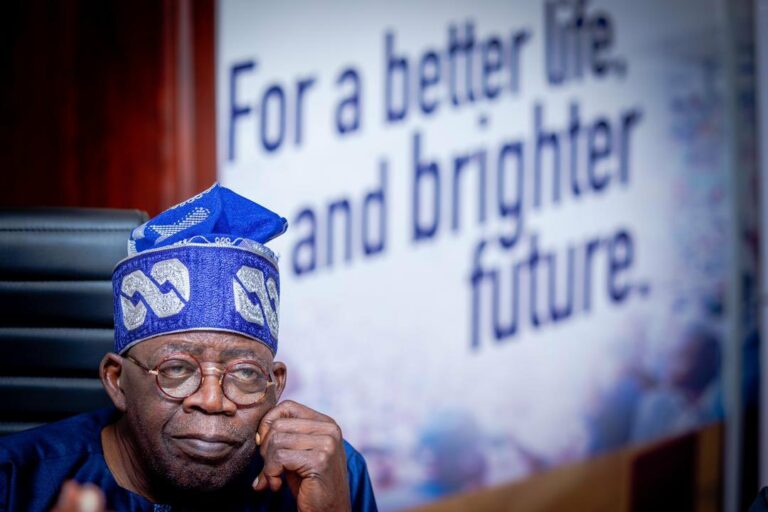Ibrahim Magu, acting chairman of the Economic and Financial Crimes Commission (EFCC), will face another day of questioning on Tuesday over the activities of the agency under his watch.
He was detained on Monday night at the police headquarters in Abuja.
The presidential panel probing him is headed by Ayo Salami, former president of the court of appeal.
TheCable understands that the panel sat till 10 pm on Monday after which Magu was detained.
Abubakar Malami, attorney-general of the federation (AGF), had asked President Muhammadu Buhari to sack Magu over some “weighty” allegations.
SOME OF THE ALLEGATIONS
•Alleged discrepancies in the reconciliation records of the EFCC and the Federal Ministry of Finance on recovered funds
•Declaration of N539b as recovered funds instead of N504b earlier claimed
•Insubordination to the Office of the AGF
•Not providing enough evidence for the extradition of Diezani Alison-Madueke
•Alleged late action on the investigation of P&ID leading to legal dispute
•Not respecting court order to unfreeze a N7bn judgment in favour of a former executive director of a bank
•Alleged delay in acting on two vessels seized by Navy
•Alleged favouring of some investigators called Magu Boys
•Reporting some judges to their presiding officers without deferring to the AGF
•Alleged sale of seized assets to cronies, associates, and friends
•Alleged issuance of investigative activities to some media prejudicial to some cases
A source said: “In the light of the ongoing investigation, it became expedient to detain Magu at the FCID. We do not want him to return to the office while he is being questioned, because he is likely to have another session with the Justice Salami panel.”
It was also learnt last night that Magu might be suspended from office.
“By not allowing him to go back to his office was an indication that he might be suspended.
“It is obvious that the Presidency has concluded plans to look for a new candidate for the office,” the source said.
At the FCID around 10.50pm, Magu rejected an offer to take him into an office to stay the night.
He told the officers in charge to treat him like a suspect by putting him in a cell.
Sitting on a chair, he said: “I won’t go and sleep in any office, I prefer to be in a cell. Kindly put me in a cell. That is what Allah wants for me. I can’t question God.”
There was drama to Magu’s invitation earlier in the day. He was intercepted on the road along Fomella Street while moving out of the Wuse II office Annex of the EFCC in Abuja.
An invitation was then extended to him by a Chief Superintendent of Police (CSP) from the Force Criminal Investigation Department (FCID).
The CSP’s vehicle had a backup comprising a three-man security team, who closely watched the encounter.
Magu was on his way to the Force Headquarters. He pleaded with the officer to allow him to honour the scheduled appointment.
But he was told the invitation by the panel was superior to his appointment.
At about 1.35pm, Magu arrived at the Villa.
The EFCC chairman, who went to the Villa with his full escort and security detail, was not arrested or molested.
While the session lasted, Magu had unfettered access to his mobile phones.
The panel was also polite as he was allowed to pray and given a free lunch.
A source, who spoke in confidence with our correspondent, said: “The CSP was polite. He even allowed Magu to speak with an officer in the FCID to ensure that the invitation was genuine.
“Instead of going to the Force Headquarters, Magu called his lawyer, Mr. Rotimi Oyedepo, and headed for the Banquet Hall of the Presidential Villa.”
The travails of the EFCC chairman started on Sunday night when a source, suspected to be a former EFCC official, posted on Facebook that “next week, Monday-Friday are black days to (sic) Mr. EFCC.”
The Facebook post confirmed intelligence at Magu’s disposal that he might be arrested or prosecuted.
Another source added: “With the post on Facebook, Magu already had a mindset that yesterday might be rough.
“And true to his prediction, he got the invitation to appear before the panel.”

 BIG STORY5 days ago
BIG STORY5 days ago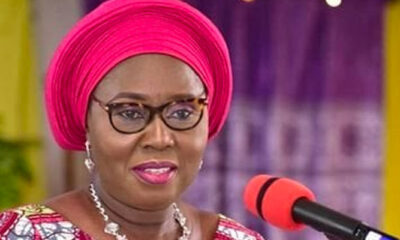
 BIG STORY5 days ago
BIG STORY5 days ago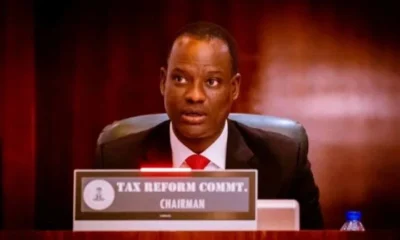
 BIG STORY4 days ago
BIG STORY4 days ago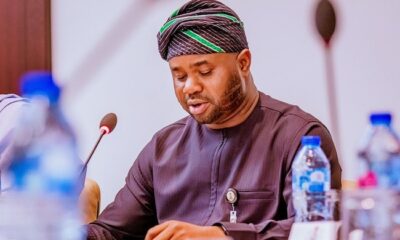
 BIG STORY5 days ago
BIG STORY5 days ago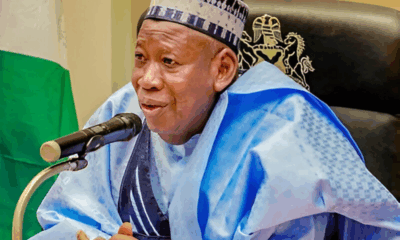
 BIG STORY4 days ago
BIG STORY4 days ago
 BIG STORY4 days ago
BIG STORY4 days ago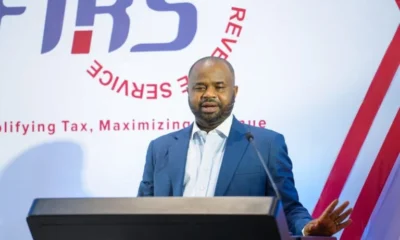
 BIG STORY4 days ago
BIG STORY4 days ago
 BIG STORY4 days ago
BIG STORY4 days ago













